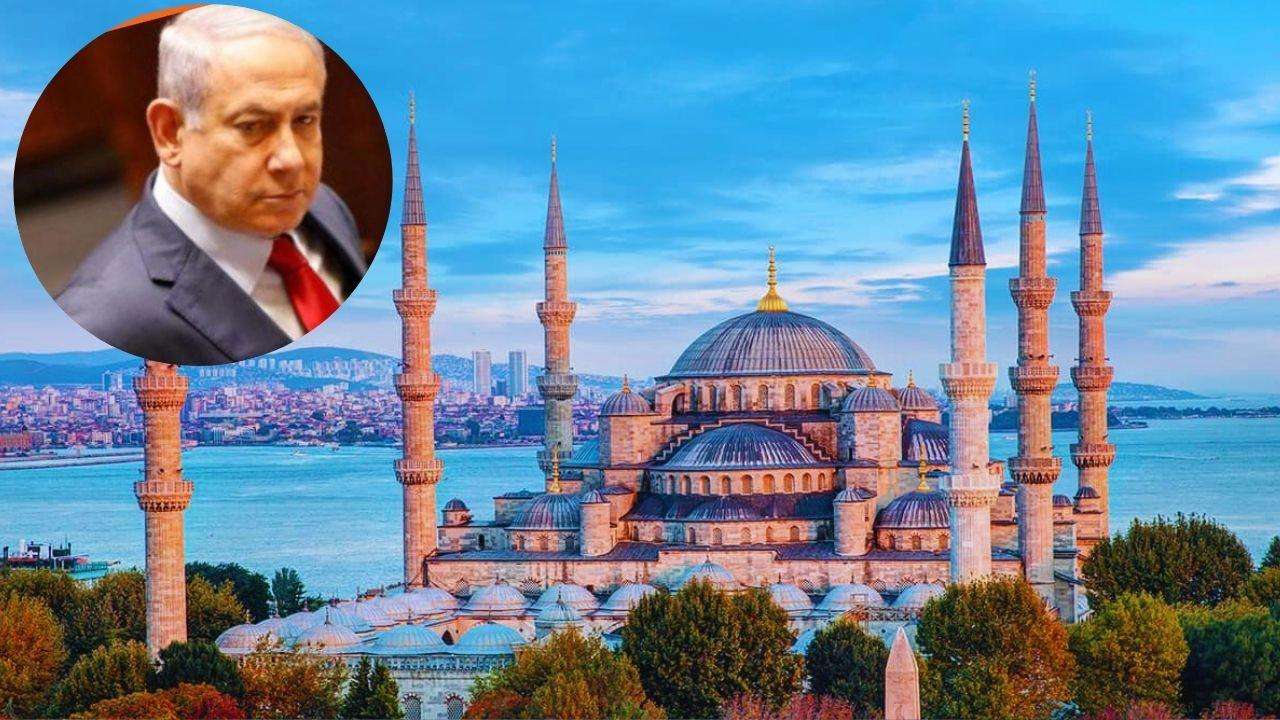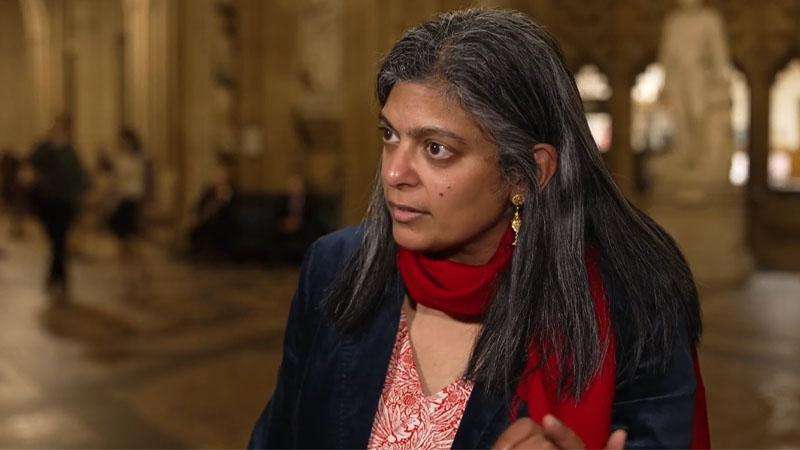The toxic relations between Dhaka and New Delhi and the Indian propaganda against Bangladesh are expected to continue unless ‘subservient government’ is established in this country, said diplomats and policy-makers who have ground-experience of working with Indian diplomats and policy-makers both in India and Bangladesh.
Amid this situation Indian Foreign Secretary Vikram Misri is expected to visit Dhaka next week to have Foreign Secretary level talks, tentatively to be held in Dhaka on December 9.
This will be the first visit of a secretary-level Indian government official since the fall of the Awami League government and the ouster of dictator Sheikh Hasina, who has been staying in India since 5 August. Sources said that Dhaka is expected to clear its position on the overall situation to New Delhi and will urge the ‘South Bloc’ to work on improving the relations.
Bangladesh Foreign Secretary Md. Jashim Uddin and his Indian counterpart Vikram Misri will lead their respective delegation to the FOC, which will cover wide range of bilateral issues, including the potential extradition of Sheikh Hasina.
“Consultations with all relevant stakeholders are essential, and implementing any steps will take time,” sources said, adding that while progress has been limited over the past 100 days, there is optimism for “significant progress” in the coming months.
The Foreign Secretary-level Foreign Office Consultation (FOC) between Bangladesh and India has finally been confirmed for 9 December in Dhaka, the foreign ministry confirmed today (5 December).
"The FOC will be held on 9 December, and we will discuss all major bilateral issues between the two countries," Mohammad Rafiqul Alam, the ministry's spokesperson and the director general of the ministry's Public Diplomacy Wing, told reporters during the ministry's weekly media briefing this afternoon.
Key topics slated for discussion include trade, visa connectivity, border killings, and water-sharing, underscoring the comprehensive scope of the high-level talks.
An inter-ministerial meeting has already been held to coordinate preparations for the dialogue, Rafiqul added.
When asked whether the agenda would include the extradition of ousted former prime minister Sheikh Hasina, who has been residing in India since fleeing Bangladesh on 5 August, he referred to the earlier briefing from the foreign ministry.
"There is scope for discussion on the matter (extradition of Sheikh Hasina)," said Director General Toufique Hasan during a ministry's weekly briefing on 21 November.
Hasina is currently facing trial in Bangladesh's International Crimes Tribunal for her alleged involvement in mass killings during the student-led July-August uprising.
Addressing queries about delays in reviewing all previous agreements between Bangladesh and India, the spokesperson attributed the postponement to the interim government's operational challenges.
As promised, all deals will be reviewed and unveiled in coordination with relevant ministries once the situation stabilized, he assured.
Bangladesh Foreign Secretary Md Jashim Uddin and Indian Foreign Secretary Vikram Misri will lead their respective delegations in the consultation.
Foreign Affairs Adviser Md Touhid Hosain emphasised the importance of reciprocity in bilateral relations with India.
"It is very clear that we want a good relationship [with India], but both sides need to want that and should work for it," he told reporters.
Sources in India said that the mainstream opposition political parties are now supplementing the ‘Hindutva policy’ to attract Indian voters as the Bharatiya Janata Party(BJP) in a planned way is pursuing this policy to gain political support.
However, a number of Bangladesh diplomats who worked in India over the last 30 years said that ‘South Block’ may portrait the ground reality to the top Indian politicians and revisit the existing policy.
Sources said India has bitter relations with rest South Asian countries like Pakistan, Nepal, Sri Lanka, the Maldives and Bhutan and after August 5, 2024, relations with Bangladesh has reached to the toxic level.
After FS level talks, Dhaka is expecting to heal the bilateral relations between two neighbouring countries that suffered a hiccup after Sheikh Hasina, the trusted partner of Indian Prime Minister Norendra Modi, quit the power through student movement on August 5, 2024, said diplomats, business leaders, policymakers.
Sheikh Hasina, the long-serving Prime Minister of Bangladesh, stepped down on August 5, 2024 and left the country amid massive student protests, leaving the economy of Bangladesh into a total mess.
The protection of minorities, water sharing, border killing, visa, Indian Line of Credit projects and people to people relations are expected to dominate the FS level talks, sources in Dhaka and New Delhi said.
Indian Prime Minister Narendra Modi and the Indian politicians are concerned over the protection of minorities and Indian investment and establishments in Bangladesh after dictator Sheikh Hasina was ousted through a massive student movement.
The arrest and denial of bail to Chinmoy Krishna Das and murder of Chittagong Judge Court lawyer Advocate Saiful Islam Alif in Chittagong have created high tension between Dhaka and New Delhi.
The Indian interest of holding FS level meeting in Dhaka is one positive signal that New Delhi has an intention of giving total legitimacy to the interim government and regrouping and rebuilding the relations, said a senior Bangladesh diplomat who worked in East Asia, Asia Pacific and USA as a top level diplomat.
He said that Bangladesh will also raise the issue of visa that the High Commission of India has almost stopped violating the international norms.
The border killings by the Border Security Force (BAF) has dropped during the period of the interim government of Professor Dr Mohammed Yunus as Dhaka raised a strong voice over the issue.
The subservient ‘Foreign Policy’ of Bangladesh, specially during tenure of Bangladesh Awami League and interim government during 2007-2008 gave the neighboring country an upper hand over Bangladesh over national and regional issues, said a Bangladesh diplomat who served one of the powerful nations in recent years.
He said the urban educated class in Bangladesh hardly raise voice on national, regional and international issues if that goes against the interest of India and the USA.
Time has come to raise voice on national and regional issues with a view to protecting the interest of the country, said the senior Bangladesh diplomat.
Former Prime Minister Sheikh Hasina during her tenure (2009-2023) basically served the interest of India ignoring the interest of Bangladesh, said a Mofa official.
Meanwhile, the healing of relations between Dhaka and New Delhi suffered a hiccup as Indian politicians, diplomats and civil society members have issued statements into the internal issue of Bangladesh, said a Ministry of Foreign Affairs official.
Meanwhile, Bangladesh and India are expected to discuss cover a range of bilateral issues, including the potential extradition of former Prime Minister Sheikh Hasina, who is currently in India.
Sheikh Hasina, who fled Dhaka on August 5 and has been residing in India since then, is facing trial in Bangladesh’s International Crimes Tribunal for alleged involvement in mass killings during the July-August uprising.
While the government intends to bring her back, Hasan emphasized that the Ministry of Foreign Affairs has not yet received any formal directive to initiate the extradition process.
Delhi and begin the formal process in accordance with the existing extradition treaty once we receive the necessary instructions,” he clarified in response to queries.
Regarding the review of existing agreements and memorandums of understanding (MoUs) between the two countries, said a Mofa official noted that these fall under the jurisdiction of various ministries in Bangladesh.
“Consultations with all relevant stakeholders are crucial, and implementing any measure will take time,” he said, adding that although there has been limited progress over the past 100 days, there is hope for “significant progress” in the coming months.
On the topic of Indian visas, he confirmed that the Indian Visa Center is operational but is currently prioritizing medical and student visa applications.
He also addressed the issue of negative media campaigns in certain Indian outlets against Bangladesh.
Concerning direct air travel between Dhaka and Karachi, Hasan informed that Pakistan had submitted a request to resume connectivity.
“The matter is under review and has been forwarded to the Ministry of Civil Aviation,” the Foreign Ministry official added, noting that updates will be provided in due course.
Bangladesh is likely to discuss the extradition of ousted Prime Minister Sheikh Hasina during the upcoming Bangladesh-India Foreign Office Consultation (FOC)scheduled for early December in Dhaka.
“There is scope for discussion on the matter,” former Foreign Ministry Spokesperson Taufique Hasan said during a weekly media briefing at the ministry.
Sheikh Hasina, who has been residing in India since August 5 after fleeing Dhaka, is facing trial in the International Crimes Tribunal over allegations related to mass killings during the July-August uprising.
In this connection, Hasan said that the foreign ministry has yet to receive any official directive to begin Sheikh Hasina’s extradition process.
“We will engage with Delhi and initiate the formal process in accordance with the existing extradition treaty once we receive the necessary instructions,” he said in response to queries about the matter.
Meanwhile, in an unprecedented move, diplomats from all 27 European Union (EU) member states, stationed in Dhaka and New Delhi and EU ambassador to Bangladesh will meet Chief Adviser Professor Muhammad Yunus, on December 9 to explore new areas of collaboration.
The announcement was made by Mohammad Rafiqul Alam, Director General of the Public Diplomacy Wing at the Ministry of Foreign Affairs, during the ministry’s weekly briefing this afternoon.
“This will be a unique opportunity to discuss a broad range of issues, including enhanced cooperation in economic sectors, the Rohingya crisis, post-LDC Generalized Scheme of Preferences plus (GSP+) facilities, and a potential Partnership and Cooperation Agreement with Bangladesh,” Alam said.
The EU trade relationship with Bangladesh has been anchored in the Everything but Arms (EBA) initiative, granting duty-free, quota-free market access to the least developed countries (LDCs) since 2001.
The upcoming dialogue will aim to chart the course for continued trade and economic collaboration as Bangladesh transitions out of the LDC category, Alam said.
This is the first time that ambassadors from all 27 EU countries have convened for a joint meeting with the Bangladeshi government, signalling their collective commitment to deepening ties, foreign ministry sources said.
Currently, seven EU ambassadors are based in Dhaka, while the remaining 20 operate from New Delhi.
The meeting is seen as a strong signal of EU support for Bangladesh and an effort to foster high-level cooperation across a range of strategic areas Bangladesh-India.
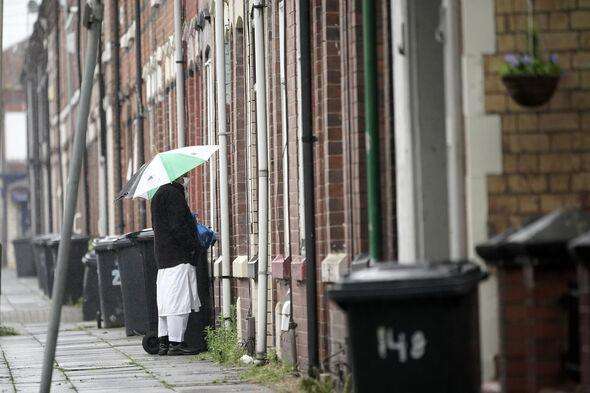
_4.jpg)
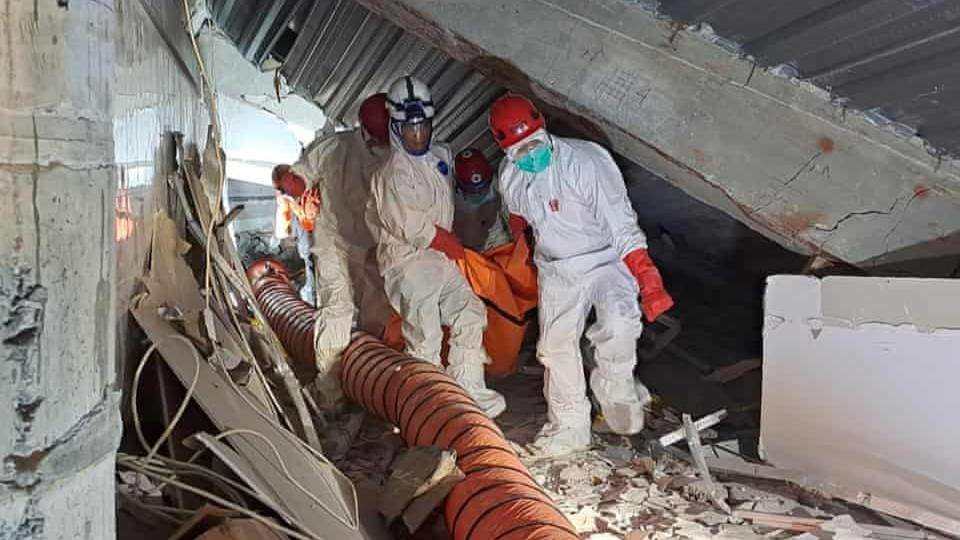
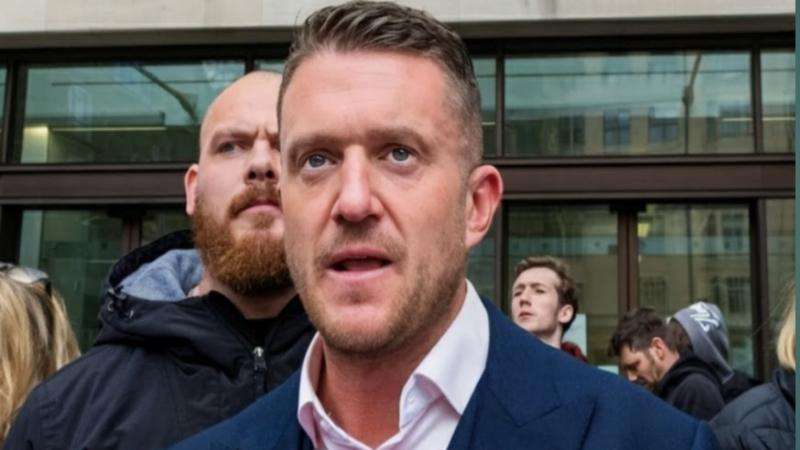
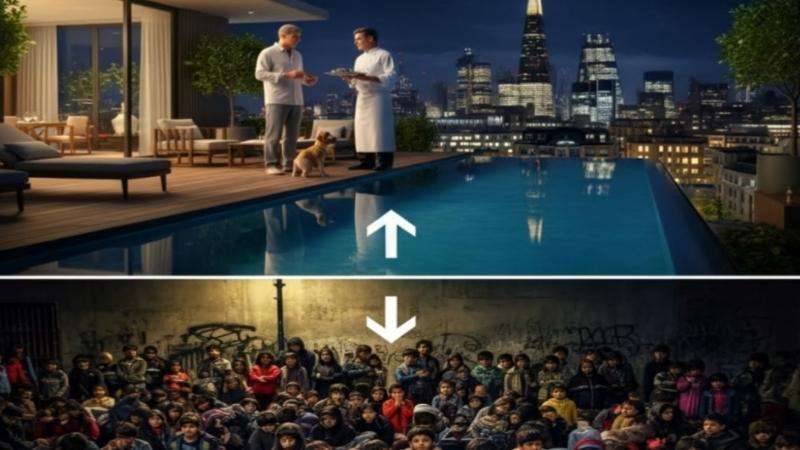


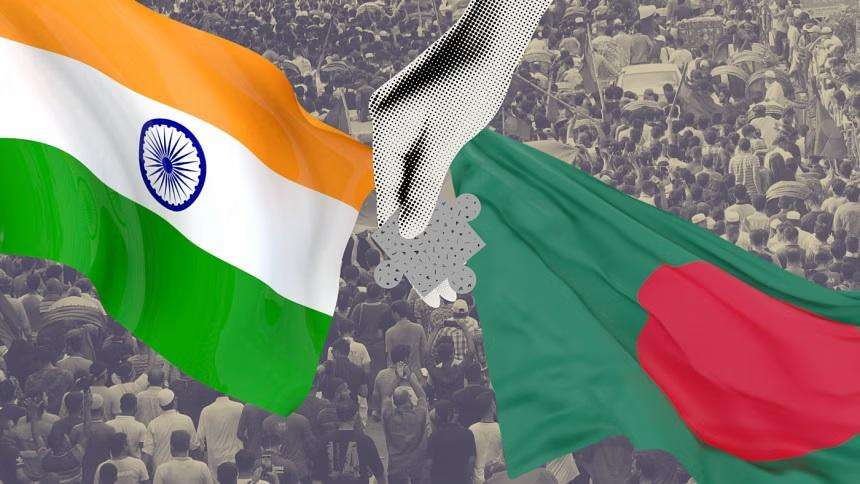
.svg)

